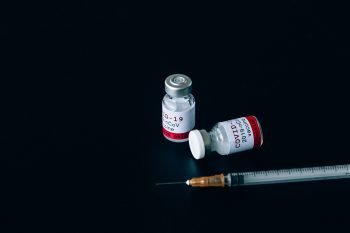Two articles have recently been published in Science and JAMA on monkeypox. This virus is transmitted from primates to humans and produces a disease similar to smallpox, but milder and with a better prognosis.
Although the virus was discovered in 1958 in research primates, its natural hosts are rodents and other small mammals. The first human outbreak was reported in 1970. The virus is endemic in West and Central Africa where sporadic self-limiting outbreaks occur. Currently, an outbreak affecting around 300 people has been detected in Europe, North America, North Africa, the Middle East and Australia.
Transmission from primates to humans occurs through bites, scratches, or through materials such as clothing or bedding contaminated by material from primate injuries. Between humans it is transmitted through respiratory droplets and by contact with the lesions of the infected person. However, the current outbreak has seen frequent transmission of the virus in men who have sex with men but the virus has not been detected in semen. For this reason, it is believed that it is transmitted in interpersonal relationships through genital, perianal and around the mouth ulcers.
Treatment and prognosis of monkeypox
When a case of monkeypox infection is detected, it is essential to isolate it for at least 4 weeks (from the onset of symptoms) to prevent the spread of the infection. It should be noted that there is a potential risk of transmission from humans to animals.
Symptoms usually appear 1 to 2 weeks after infection. Symptoms include fever, chills, and swollen lymph nodes. A few days later, lesions appear on the skin, that go through various phases, from blisters to the development of scabs that last 1 or 2 days. When the scabs fall off, healthy skin appears underneath and this process lasts 2 to 4 weeks. The disease has a good prognosis, with mortality of 1%.
There are two vaccines against human smallpox that protect against monkeypox, even when administered in the first 4 days of illness. There is also an antiviral drug (Tecovirimat) that decreases virus levels and shortens the duration of the illness and is well tolerated.




